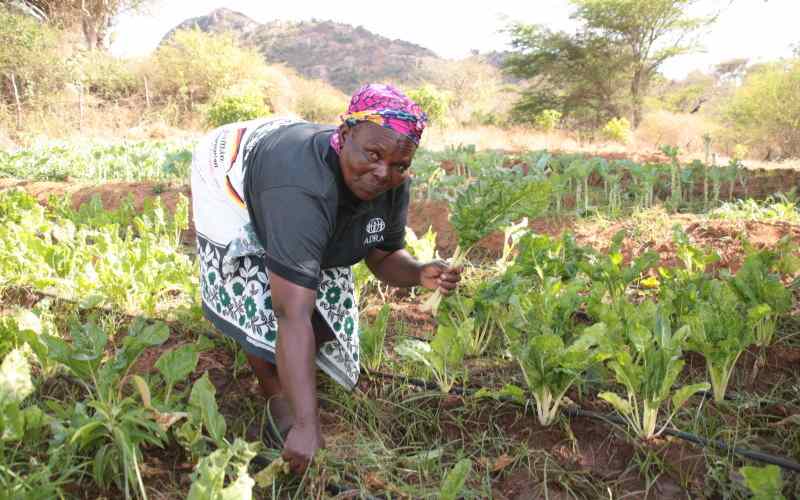
I grew up in Nairobi’s Kibra but visited my rural home in Bondo, Siaya County on several occasions with my parents. I noticed a unique trend that often moved me. My mother spent considerable time on the farm toiling hard while my good old man (now late) on the other hand, spent time under a cool shade listening to soothing oldies on his transistor radio.
Later, I learnt that this farm was firmly and securely under mzee’s name. Well, that unequal state of affairs is replicated in most homesteads in Kenya and across Africa. For most rural women farmers, the conditions they face are far worse than my mother’s because it is akin to slavery. Although women contribute to food security, and spend more hours on farms compared to men, they do not own the land or have a say on it.